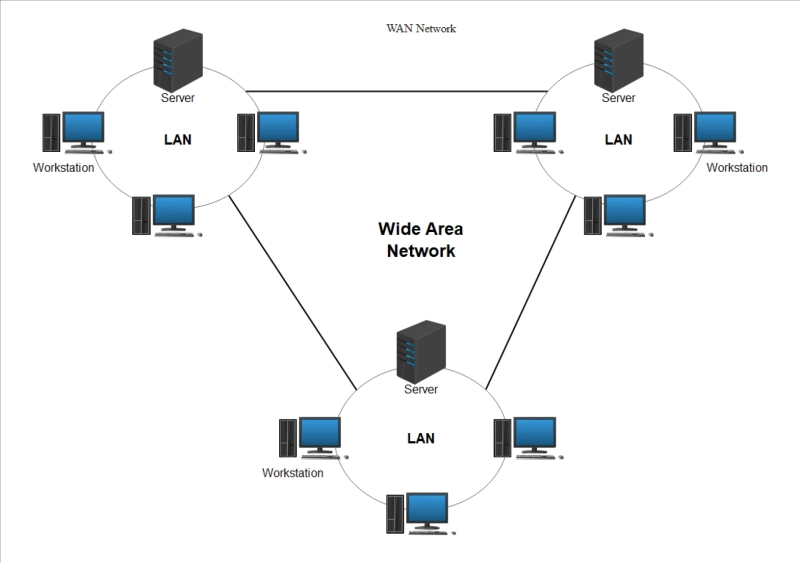Financial loss, harm to one\'s reputation, and legal issues might result from data loss. Thus, businesses must put into practice efficient data loss prevention techniques to reduce data loss and guarantee the security and integrity of their priceless data. Companies can defend themselves from feasible financial losses as a result of statistics breaches or cyberattacks by using robust facts loss prevention processes in the vicinity. In addition to that, safeguarding sensitive records contributes to keeping an enterprise\'s good call and stakeholders\' and consumers\' beliefs.
Furthermore, companies need to operate morally and legally compliantly to be able to save you legal problems relating to facts privateness and compliance rules. Breach of records safety rules may also result in severe penalties, felony moves, and damage to an employer\'s recognition.
In today’s digital age where data is a valuable asset, investing in effective data loss prevention strategies is not just strategic but essential for businesses of all sizes If they have data security and integrity at the forefront, organizations can mitigate risks, increase customer confidence, and become data-driven. Companies can implement these eight data loss prevention best practices and best practices to ensure long-term availability in the world.
- Frequently backup your data
For data disaster protection, having strong backup and recovery solutions is essential. Make regular backups of your vital company data to safe off-site places, including distant servers or cloud storage. To ensure that backups are reliable and accessible in an emergency, make sure they are automated, encrypted, and tested frequently.
- Put robust cybersecurity measures in place
You should use multifactor authentication and strong passwords for all of your company\'s systems as part of your robust cybersecurity efforts. These are essentially the fundamental cybersecurity techniques that every company ought to use. Installing trustworthy antivirus and anti-malware software is also advised, as is doing routine network vulnerability scans. You can also boost wireless network in Denver to work effectively and efficiently.
- Physical safety and backup
Protect your physical system from accidents or natural disasters by taking or mitigating precautions. This includes installing uninterruptible fire suppression, energy containment, and electrical systems in addition to storing backups in remote secure data centers Data storage and network redundancy assist in guaranteeing company continuity even in the event of hardware malfunctions or physical infrastructure damage.
- Educate your staff
Human error is one of the most frequent reasons for data loss. For this reason, you ought to spend money on thorough training courses that instruct staff members on data protection best practices, such as treating confidential data appropriately, spotting possible dangers, and quickly reporting occurrences. Regular training sessions will promote cybersecurity awareness, which is essential for thwarting both present and new threats.
- Draft a plan for company continuity.
Create a thorough incident response plan that specifies what should be done in the event of a data loss incident. To guarantee preparedness, define roles and duties, create channels of communication, and carry out frequent drills. A business continuity strategy should also be made in order to reduce downtime and lessen its effects on your operations. Procedures for resuming vital systems, ranking crucial tasks, and interacting with stakeholders in an emergency should all be part of this plan. Periodically review and update your disaster recovery plans to reflect any modifications to your technological infrastructure or business environment.
- Conduct routine updates and checks in cybersecurity
To find weak points and potential areas for development, conduct routine audits of your data protection procedures. To protect your systems from new dangers, always apply the most recent software and security updates as soon as they are made available. If your system is taking time for routine updates you can use Boost for low internet in Denver.
- Employ access controls and data encryption
Use user permissions and access controls to limit access to your data and systems, and implement robust data encryption mechanisms to protect sensitive information while it\'s in transit and at rest.
- Manage third-party risk:
If your organization utilizes outside merchants or providers, ensure they have solid information assurance estimates set up. Clear legally binding arrangements ought to be attracted up to guarantee that the two players completely figure out their information insurance obligations. To reduce any possible dangers your vendors might present to your company, you should also routinely evaluate and track their adherence to security standards.
Businesses may protect their operations, uphold customer trust, and lessen the potentially disastrous effects of data breaches by prioritizing data loss prevention. Call our specialists immediately if you need a dependable data security solution or have questions about whether data loss prevention software is best for your company. We can offer your company the DLP services it requires.



